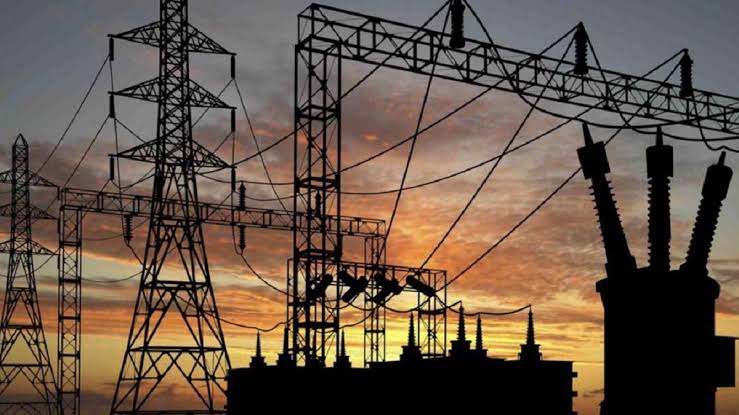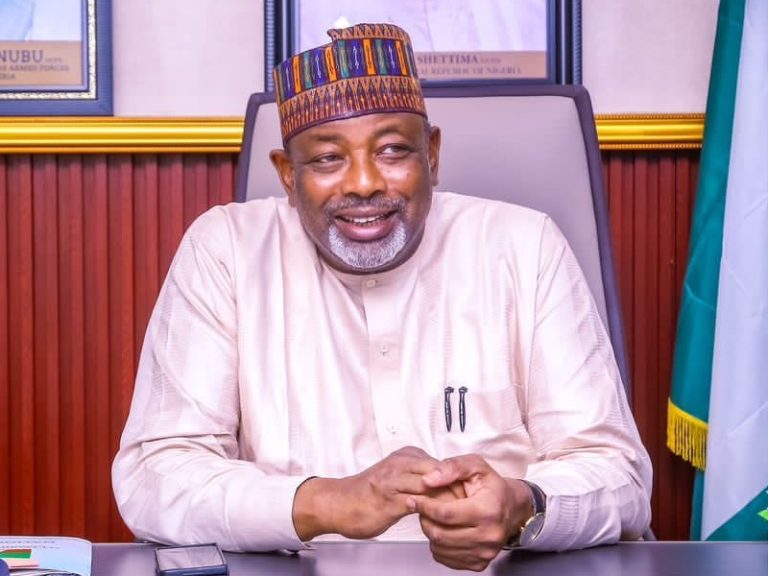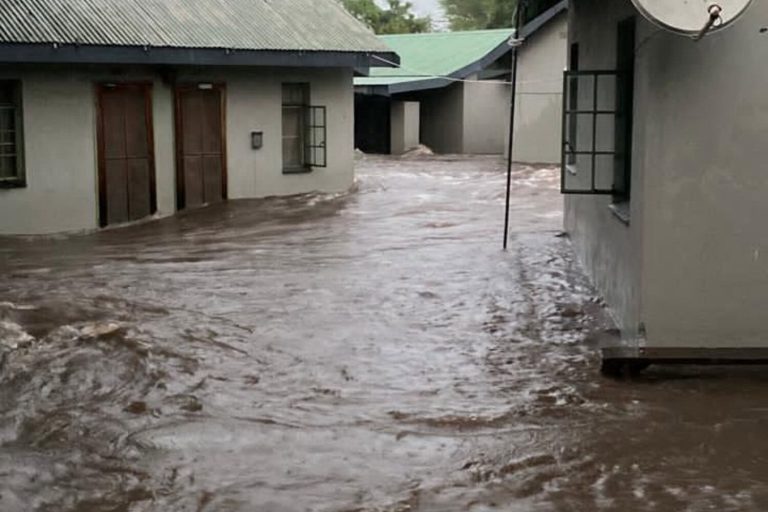
Only about 51 percent of Nigerian households have access to electricity, according to the 2024 Nigeria Demographic and Health Survey (NDHS).
The survey conducted by the National Population Commission (NPC) in collaboration with the Gates Foundation, USAID, UNFPA, UNICEF, and the Global Fund provides a comprehensive snapshot of living conditions, energy use, and health indicators across the country.
The 2024 NDHS marks the sixth national demographic and health survey carried out in Nigeria since 1990 under The DHS Programme.
According to the report, 98 percent of households rely on clean fuels or technologies for lighting, including electricity, solar lanterns, rechargeable or battery-powered lamps, and biogas lighting systems.
However, the use of clean fuels for cooking remains limited.
“Twenty-two percent of the household population uses clean fuels and technologies for cooking, including electricity, LPG, natural gas, biogas, solar, and ethanol,” the report noted.
The survey revealed a significant disparity between urban and rural areas, with 42 percent of urban households using clean cooking fuels compared to just 5 percent in rural communities.
For space heating, only 7 percent of households use clean energy sources such as electricity, LPG, or solar air heaters with 16 percent in urban areas and 4 percent in rural areas.
Overall, the NDHS findings show that only 22 percent of Nigeria’s population uses clean fuels and technologies for cooking, heating, and lighting combined, underscoring the country’s ongoing challenges in achieving universal access to clean energy.


